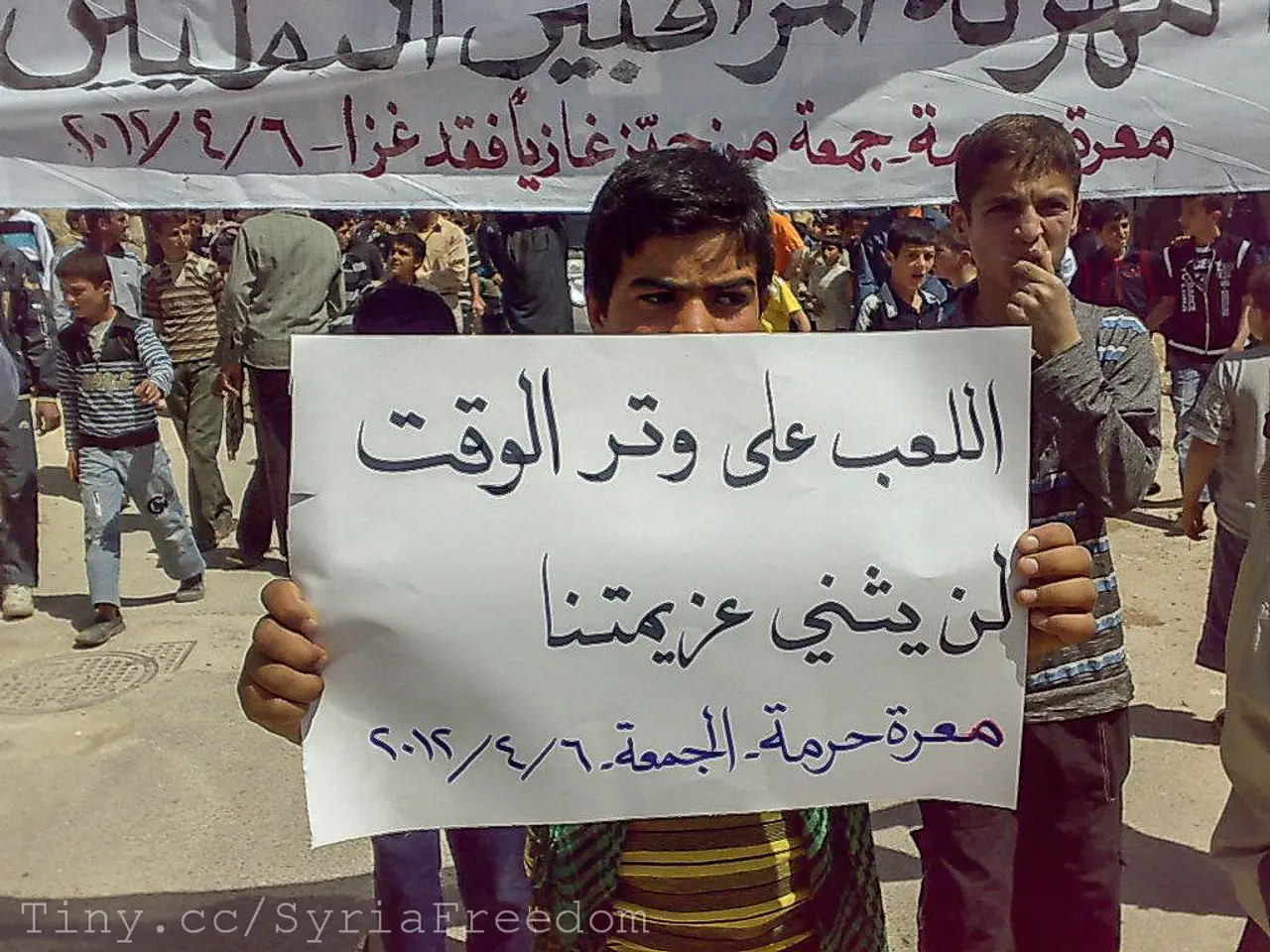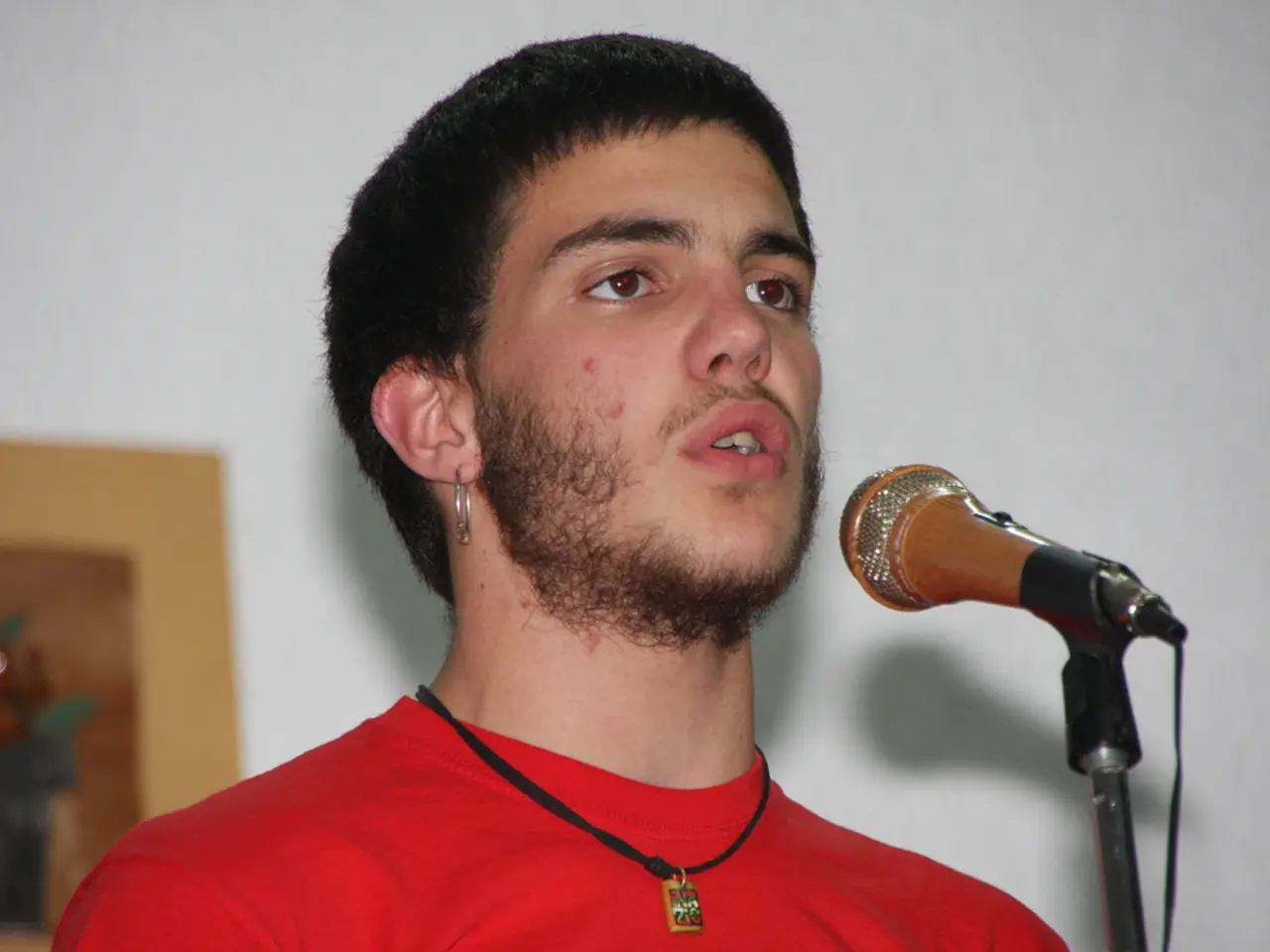Multitude Gathers in Dusseldorf, Calling for Sympathetic Asylum and Border Practices
A civil society coalition in Germany has strongly criticized pushbacks and the tightening of border controls, calling for humane asylum and border policies. The coalition, which includes Prevent Deportation Prison, Afghan Outcry / nedaje afghan, B*PoC Collective Düsseldorf, and many others, expressed concern that intensified border checks and pushbacks undermine refugees' fundamental rights and go against international protections for asylum seekers.
The opposition to pushbacks is a key concern for the coalition. They argue that pushbacks at Germany’s and the EU’s borders violate international refugee and human rights laws by denying asylum seekers their right to make protection claims. The protesters see such measures as harsh and contrary to humanitarian principles.
The coalition also criticizes intensified border control measures. While the German government and some coalition parties have imposed stricter border checks, the coalition emphasizes that these should only be temporary and calls for a broader European approach aimed at protecting external borders more effectively. Many advocates argue that border controls must not come at the expense of human rights or forcibly restrict access to asylum procedures.
The coalition urges Germany and the EU to pursue comprehensive, humane policies that include fair asylum processes, integration support, and international cooperation rather than securitization and containment strategies focused on strict border enforcement and deportations.
Some coalition members respond critically to legislative proposals that tighten benefits for refugees or restrict family reunification, viewing these as undermining social cohesion and violating refugees’ rights.
The demonstration, which started from Graf-Adolf-Platz and ended on Johannes-Rau-Platz, went via Berliner Allee and Ko to the business office of the CDU on Wasserstraße. The protesters demand that basic rights like the right to freedom of movement and self-determination apply to all people regardless of passport, skin color, or origin.
The organizers of the demonstration do not want to live in a world where people are sorted out based on passport, skin color, or origin. They believe that society is capable of finding another approach to migration, and do not want to live in a fortress Europe surrounded by a mass grave.
The BPoC Collective Düsseldorf, part of the coalition, called for networking and resistance, stating that the authorities manage refugees like things. They also stated that if a German ever experienced the management of refugees firsthand, their thinking would likely change. The appeal from the BPoC Collective Düsseldorf was "We are not powerless, solidarity is like grass through concrete" - hope unites people to change the world.
The protesters criticize the illegal pushbacks of asylum seekers at Germany's borders as a denial of a fundamental human right. Push-backs are currently at the discretion of border guards, but everyone has the right to apply for asylum.
These stances reflect a broader tension in German politics between coalition government policies seeking to restrict asylum access and civil society advocating for rights-based, humane approaches to migration and asylum, especially given recent escalations around border checks and pushback practices.
- The coalition condemns the use of social-media to spread misinformation about migration, as it perpetuates fear and can lead to increased border controls and pushbacks.
- Policy-and-legislation that restricts the rights of asylum seekers and their families, such as tightening benefits or family reunification, are debated in the context of politics and general-news, with the coalition advocating for policies that uphold human rights.
- The coalition asserts that war-and-conflicts, particularly in places like Afghanistan, necessitate increased support for refugees and more compassionate border policies.
- Entertainment media, when used responsibly, can help foster understanding and empathy towards refugees, contributing to social-media discussions and public opinion on migration and asylum issues.








